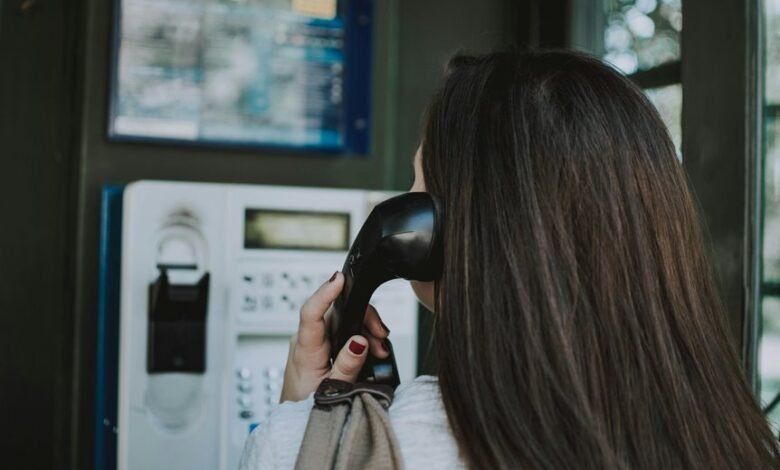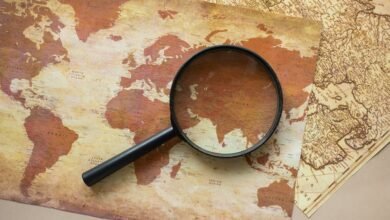1916085624 Tracing Mobile Call Origins Across Regions

Tracing the mobile call origins of the number 1916085624 involves navigating complex telecommunications systems. Variations in call routing practices across regions can obscure the source of calls. Additionally, regulatory environments significantly impact data accuracy. As advancements in tracing technology emerge, they must be weighed against privacy rights. Understanding these dynamics is essential for effective law enforcement, yet crucial questions about user security remain. What solutions exist to balance these competing interests?
Understanding Mobile Call Tracing Techniques
Mobile call tracing techniques employ a variety of methods to ascertain the origin of cellular communications.
These techniques include signal analysis, which examines the characteristics of transmitted data, allowing for the identification of call sources.
By leveraging advanced algorithms and network data, authorities can accurately trace calls, ensuring privacy rights are respected while enhancing security measures.
This balance is crucial for maintaining personal freedoms.
Regional Challenges in Call Origin Identification
While advancements in technology have improved the accuracy of mobile call tracing, regional challenges continue to complicate the identification of call origins.
Call routing practices differ significantly across regions, leading to inconsistencies in data collection and interpretation.
Regional discrepancies, such as varying regulatory environments and telecommunications infrastructure, further hinder precise tracking, ultimately impacting the reliability of call origin identification efforts.
Implications for Privacy and User Security
As advancements in mobile call tracing technology have emerged, concerns regarding privacy and user security have intensified.
The potential for misuse of personal data underscores the necessity for robust data protection measures.
Furthermore, the importance of user consent cannot be overstated, as individuals must retain control over their information.
Balancing technological capabilities with ethical standards remains critical to safeguarding users’ rights in a digital landscape.
The Role of Law Enforcement in Call Tracing
Law enforcement agencies increasingly rely on mobile call tracing as a vital tool for investigating criminal activities and enhancing public safety.
By utilizing advanced telecommunications data, they can pinpoint call origins, track suspect movements, and gather evidence.
However, the effectiveness of call tracing must be balanced with citizens’ rights, ensuring that law enforcement practices uphold privacy while addressing security concerns in a free society.
Conclusion
In the intricate landscape of mobile call tracing, the pursuit of precise origin identification stands in stark contrast to the imperative of safeguarding individual privacy. While advancements in tracing technology promise enhanced accuracy for law enforcement, they simultaneously raise significant concerns over user rights and data security. Balancing these competing interests is essential; effective call tracing must not only serve public safety but also uphold the fundamental principles of privacy, creating a complex interplay between security and individual autonomy.




